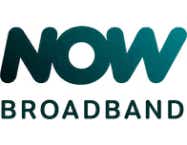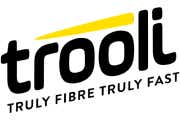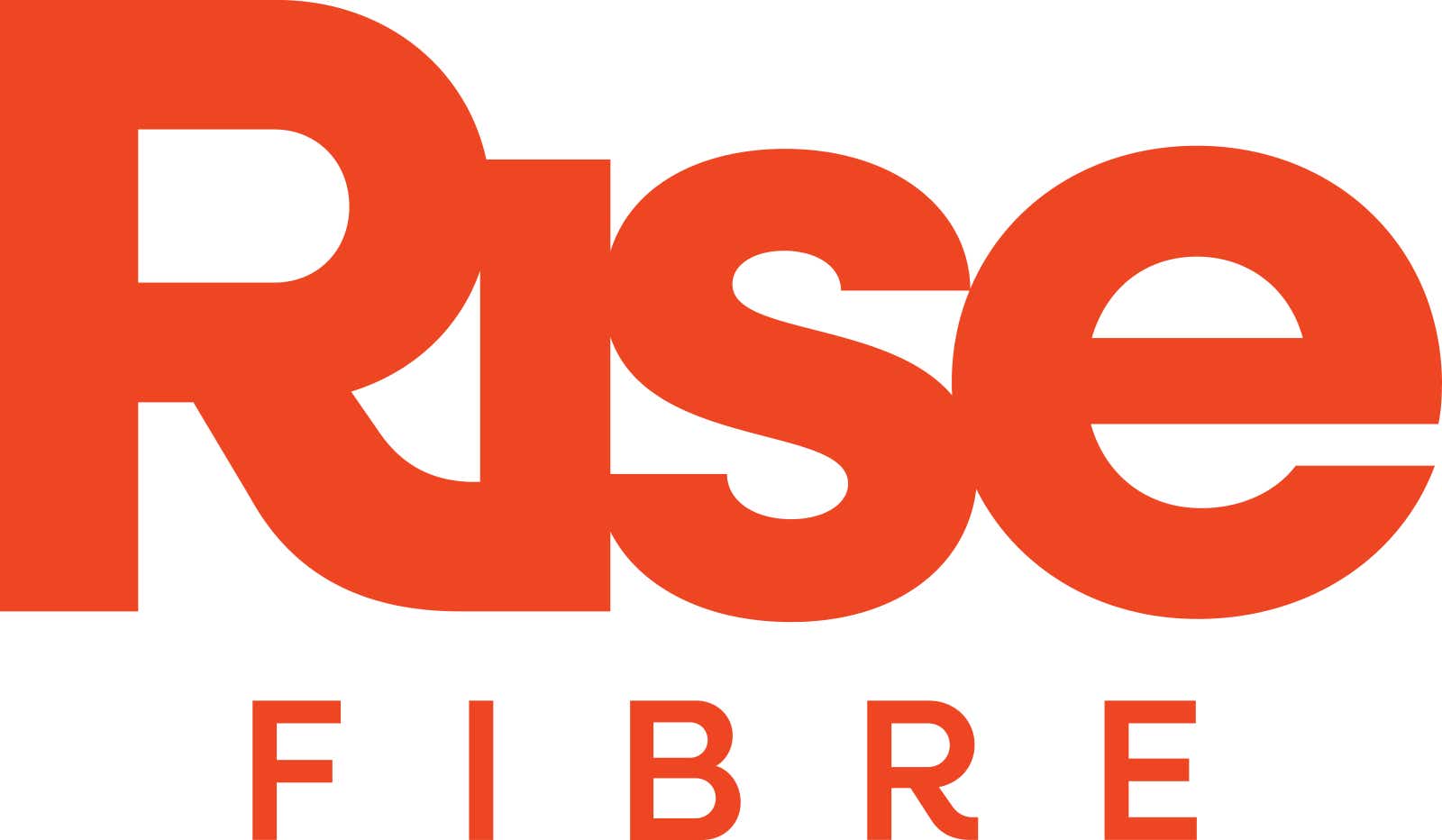Fibre broadband deals
Enter your postcode to start comparing fibre broadband deals in your area.
Uswitch Tips
Can I get fibre broadband?
Yes, you can most probably get fibre broadband. Part-fibre is available to almost all UK homes, and full fibre is now available to two-thirds of properties.
If you don’t have full fibre just yet, you should see it very soon. Its coverage is rapidly growing across the country.
Learn more about the different types of broadband available in the UK.
Is full fibre worth it?
Full fibre is often worth choosing if it’s available. It provides a much faster, more reliable connection, and it will future-proof your home broadband for years to come.
Plus, many full fibre deals cost about the same as what you’re likely already paying on your current deal. So you could enjoy a great upgrade for a small difference in price.
Read more about full fibre broadband.




























